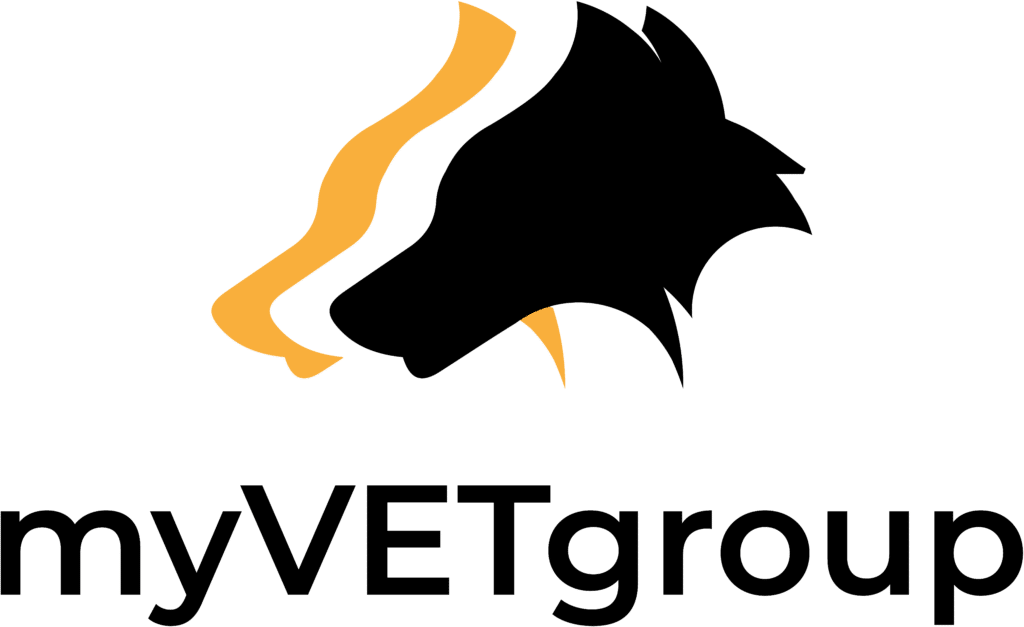The corporatization of veterinary practices is accelerating, reshaping the industry landscape. This trend is primarily driven by increasing pet ownership and service demand, making veterinary practices attractive to corporations and private equity firms.
- Efficiency vs. Quality: While corporatization can streamline operations and promote financial growth, it also prompts considerations regarding autonomy, patient care, and practice culture.
- High Valuations and Changing Ownership: With valuations rising and new ownership models emerging, practice owners must understand the dynamics impacting their choices.
Let’s break this down.
Understanding the corporate landscape.
Corporate models.
Corporations are using varied acquisition models to suit different practice needs:
- Full acquisition: Corporations purchase 100% of the practice, typically transitioning the previous owner to an employee or facilitating an exit.
- Partnership model: Corporations acquire a majority stake (e.g., 80%), with previous owners sometimes taking on ownership in the consolidator rather than retaining direct ownership of their original practice.
- Equity partnerships: This model fosters a long-term stake in the practice’s success.
Geographic expansion patterns.
Initially focused on urban centers, corporate consolidators are now expanding into smaller towns and rural areas, broadening access to services and establishing a presence in underserved areas.
Impact on practice values.
Valuation trends under consolidation.
Corporate consolidation has increased practice valuations dramatically:
- Current valuations: Corporate consolidators typically pay some EBITDA multiple for veterinary practices—the exact multiple depending on factors like size, profitability, and market demand.
- Peak valuations: Driven by limited inventory and high demand, some practices achieve even higher premiums.
Evolution in deal structures.
Deal structures are changing to better align with both corporate goals and what practice owners want:
- Joint ventures: Corporations acquire majority stakes, selling veterinarians and retaining a minority share.
- Earn-outs: Part of the sale price is contingent on future performance, requiring veterinarians to stay involved for several years.
Regional market variations and future projections.
- Urban vs. rural valuations: Urban practices command higher prices, while rural practices are growing in demand as corporations expand into smaller markets.
- Specialty vs. general practices: Specialty practices often receive higher valuations due to unique expertise and service demand.
- Market outlook: Consolidation is likely to continue, but potential market saturation and economic factors could stabilize valuations in the future.
Navigating corporate interest.
Evaluating corporate offers.
When evaluating a corporate offer, practice owners should examine financial and structural details to fully understand their practice’s true value:
- Financial valuations: Comparing offers side-by-side helps determine if valuations are competitive. Corporate buyers often offer 8-13 times EBITDA, but evaluating how these valuations align with your practice’s growth potential is essential.
- Deal structures: Corporations may propose full buyouts, partnership models, or earn-outs. Understanding these structures can clarify your role post-sale and any contingent performance-based payments.
- Reputation and due diligence: Investigating a buyer’s history in the veterinary industry reveals how they handle acquired practices, particularly regarding staff, client experience, and operational changes. Legal and operational due diligence ensures the acquisition aligns with your practice’s values.
Maintaining practice identity.
Many veterinarians feel that keeping their practice’s unique identity and values intact is a top priority:
- Name and brand continuity: Negotiating the retention of your practice’s name and brand helps maintain its community presence, an asset that corporate buyers might overlook.
- Clinical autonomy: Ensuring clinical decision-making authority protects your medical standards. Clear policies on treatment protocols, drug formularies, and patient care can be established to preserve autonomy.
- Community engagement: Commitment to local outreach and client relationships is critical. Negotiate for flexibility in how your practice can remain involved in the community, which helps foster continuity for clients and staff.
Staff considerations.
Staff retention is often a top priority during acquisitions:
- Retention and benefits: Securing agreements on staff retention, benefits continuity, and compensation can prevent disruption and turnover.
- Professional development: Aligning corporate values with staff development opportunities, such as career advancement and training, is crucial to minimize turnover and foster long-term satisfaction.
- Cultural fit: Ensuring the corporate buyer respects and integrates into your practice’s culture helps prevent potential conflicts and boosts team morale.
Legacy preservation strategies.
Preserving the legacy of a practice involves thoughtful planning:
- Minority stake retention: Keeping a minority stake allows continued involvement and influence over practice operations.
- Mentorship and community engagement: Consider developing mentorship programs for junior veterinarians to maintain your practice’s philosophy and support younger professionals.
- Transparent client communication: Proactive communication about the transition builds trust with clients, ensuring they feel valued and informed.
Next steps.
The corporatization of veterinary practices is reshaping the industry with rising valuations, varied acquisition models, and evolving operational standards. For practice owners, navigating corporate interest requires a strategic approach, balancing financial gain with preserving their practice’s identity, staff well-being, and role within the community. While corporate offers may provide financial security and operational efficiencies, they can also impact the unique qualities that define independent practices.
Making informed decisions can help ensure your choices fit your personal and professional goals. Consulting with advisors, researching corporate buyers, and thoroughly assessing market conditions can empower you to evaluate options that protect the legacy you’ve built. By taking a thoughtful, proactive approach, you can make choices that honor the values of your practice and provide a positive path forward for your clients, staff, and community.
Corporatization can be tricky. We’re here to help. Book a call today for a consultation to explore your options.

